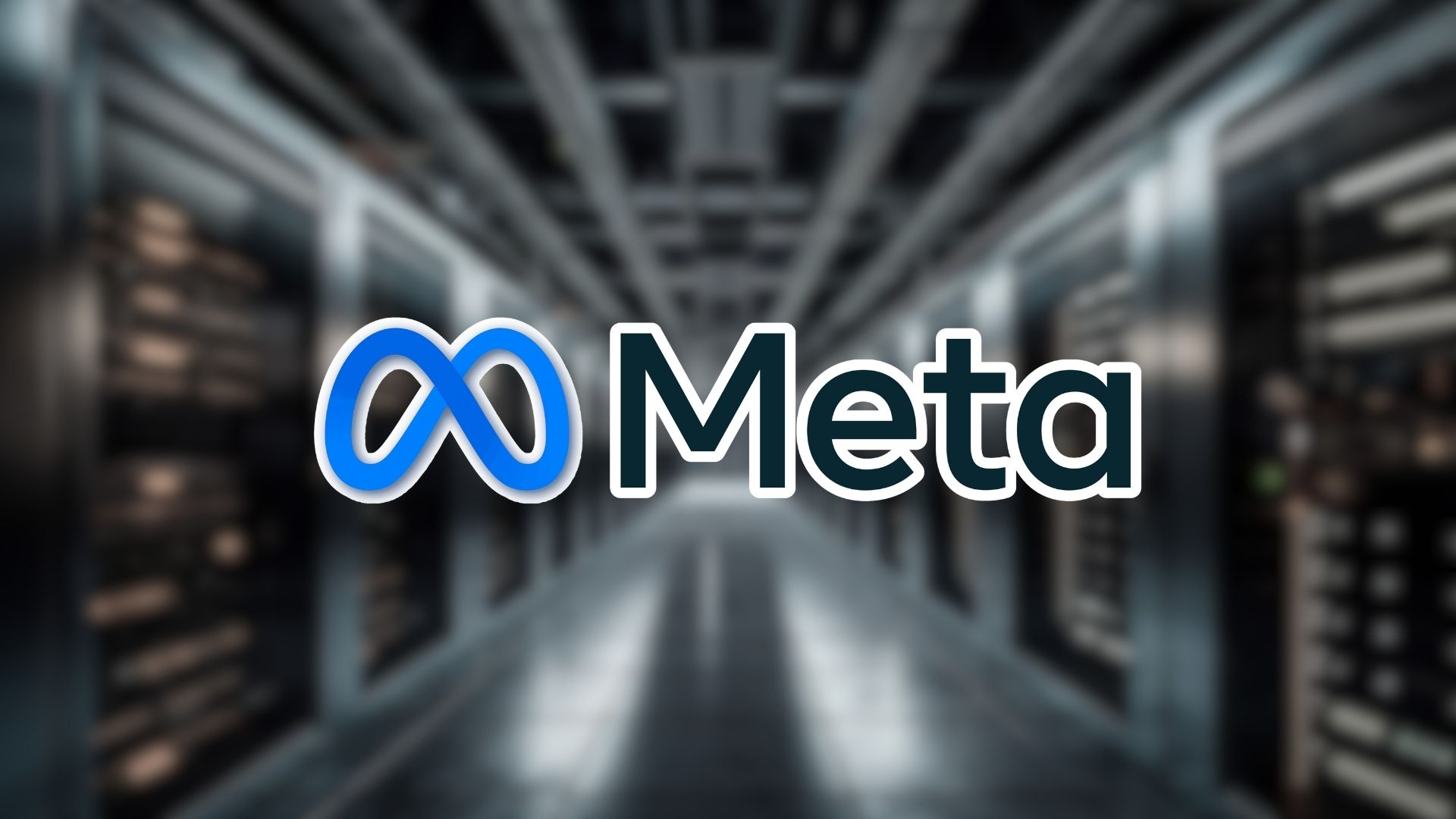Lawmakers in the European Parliament are pressing the European Commission for clarity after reports that Meta’s smart glasses recorded people in intimate moments without their knowledge.
Concerns intensified when Swedish outlets reported that Ray-Ban AI glasses captured and uploaded sensitive footage in violation of strict consent requirements under the EU’s General Data Protection Regulation.
The reports indicate that personal data from EU users was sent to Sama, a third-party contractor, in Kenya for human review. Annotators working there said they viewed images of individuals changing clothes and believed the recordings were taken without consent.
They added that Meta’s attempts to blur faces or apply other safeguards failed often enough to expose identifiable material instead of ensuring proper anonymisation.
EU privacy law requires clear information and consent before collecting and processing personal data, and additional safeguards when exporting data to countries without recognised adequacy status.
Kenya is still negotiating such recognition with the Commission, meaning contractual protections would be necessary.
The Irish Data Protection Commission, responsible for Meta’s GDPR oversight, has been contacted amid questions about whether Meta complied with EU requirements.
Lawmakers also want the Commission to examine whether proposed changes in the Digital Omnibus package could dilute privacy protections rather than strengthen them.
Critics argue the reforms might ease data-use rules for AI training at a moment when allegations about Meta’s smart glasses have intensified scrutiny of the EU’s broader digital policy agenda.
Would you like to learn more about AI, tech and digital diplomacy? If so, ask our Diplo chatbot!









